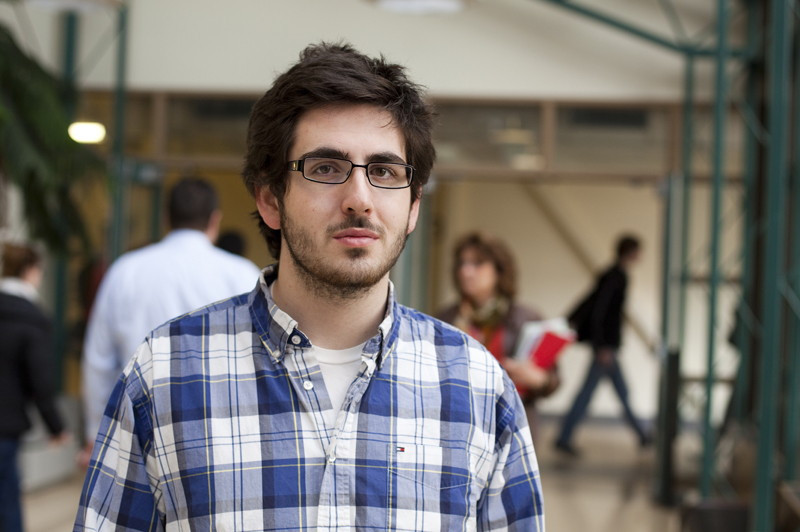Bylaws breached in UWSA election
Complaints were filed over bylaw contraventions; calls for academic amnesty circulate
Intense competition in this year’s University of Winnipeg Students’ Association general election brought an increase in complaints filed against candidates and an expressed need for academic amnesty during campaign season.
Andri Shchudlo, the chief elections commissioner for the UWSA, said there were more complaints filed during this election than last year.
Four candidates for executive positions filed appeals against former vice-president advocate (VPA) Tyler Blashko for openly supporting candidates, according to Shchudlo.
Bylaws prohibit current UWSA members from endorsing candidates.
Blashko reportedly posted a list of candidates on his Facebook page and encouraged UWSA members to vote for them.
“I’m sure it was an innocent oversight on his part, but it’s absolutely prohibited,” said Shchudlo.
Complaints were also filed against VPA candidate Ro Mills, who was spotted near polling stations in a Vote for Ro T-shirt, but these were overturned.
“There’s nothing that prohibits a candidate from wearing a partisan T-shirt or walking by polling stations,” said Shchudlo.
Shchudlo said the subjects of the complaints accepted the commission’s decisions with dignity.
“All the candidates were very respectful of the elections commission. There were some complaints filed, but there were no appeals,” said Shchudlo.
Blashko concedes he endorsed several candidates, and stopped when the conflict with policy was brought to his attention.
He noted there are grey areas in the policy, which he hopes will be clarified by the board of directors and bylaws and policies committee next year.
“There’s quite a bit of conversation about how these policies could be clearer,” said Blashko.
Zach Fleisher, newly elected vice-president advocate, raised concerns that limited workloads give incumbents an unfair advantage during campaign season.
Incumbents are “encouraged to remove themselves from the UWSA general office while actively campaigning” according to bylaws.
Office hours are peak campaign hours, when the most students are on campus, said Fleisher.
“I think it’s a huge advantage. If I could move all my classes to the evening when no students were around, I could campaign (during the day), too,” said Fleisher.
All candidates running for contested executive directorships should be given academic amnesty, said Fleisher. This means extended deadlines on projects, tests and exams for candidates, and the understanding they would miss some classes.
“I think the policy is something we need to ensure a fair democratic election for all parties involved,” said Fleisher.
Returning president Lauren Bosc said the bylaw is intended to ensure incumbents can’t use general office resources for campaigning.
“I really like the idea of moving forward with a discussion with the university itself to talk about academic amnesty,” she said.
Bosc notes that while she could not be in the office while campaigning, she continued to attend committee meetings and carry out other duties during the election.
Dr. Dwight Vincent, chair of the physics department, warned extensions mean excessive amounts of catch-up work.
“It doesn’t matter if you get amnesty or not, you still have to make up for the classes you miss. You’ll just fall farther behind,” he said.
Sorpong Peou, chair of the politics department, said an overarching amnesty policy would complicate the very different course loads and academic responsibilities that students have.
“We accommodate their needs on an individual, informal basis. It shouldn’t become a policy but a matter between students and teachers,” Peou said.
The Canadian Federation of Students does not have an official policy on academic amnesty during elections, according to deputy chairperson Adam Awad.
Published in Volume 66, Number 24 of The Uniter (March 21, 2012)







